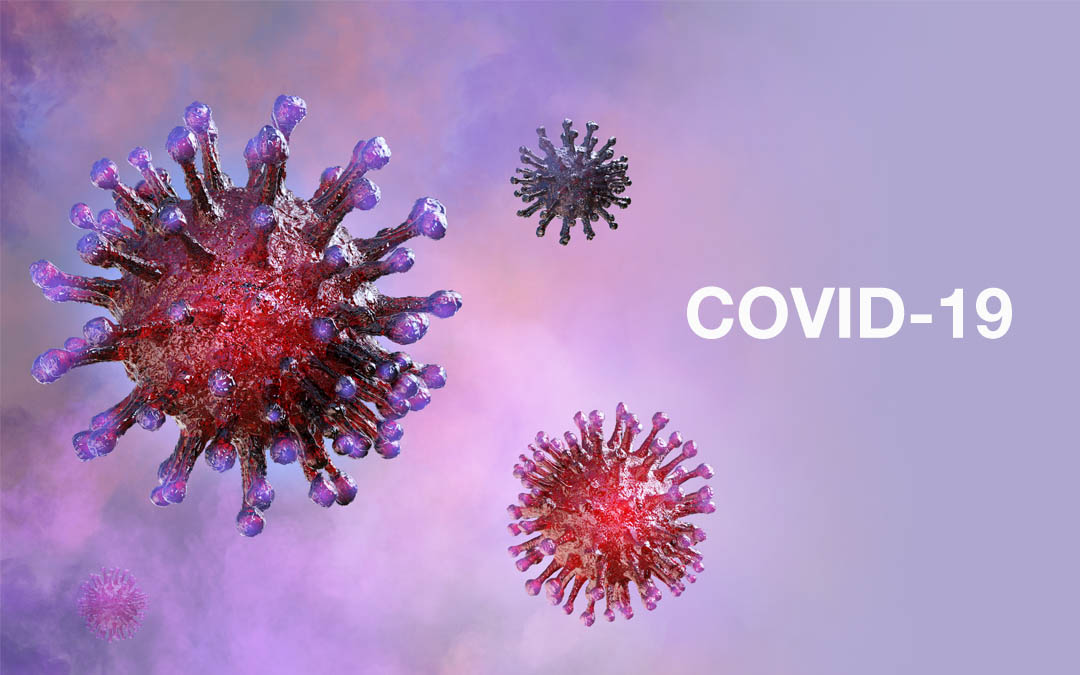The coronavirus disease continues to spread its infectious veins throughout the globe. The World Health Organization declared that the outbreak was a pandemic and hence necessary precautions were required. Scientists continue to explore treatments and possible vaccines by conducting clinical trials and therapies. Institutions likethe medical centre in Tugun continue to strategize their ability to take care of those infected.
Key institutions such as the medical centre in Tugun are adhering to the set directives that have been placed to enable different countries to control the rate of infections. Let’s have a look at the symptoms of COVID-19, its spread as well as key information on this pandemic.
Coronavirus is a type of an extreme group of viruses that affect the upper respiratory part of the body. The number of people that have been tested and found positive of the virus continues to increase with each day at a rapid rate. The symptoms of COVID-19 include heightened fever, shortness of breath, and coughing similar to pneumonia.
The shortness of breath means that the infected person suddenly feels out of breath. When you experience such symptoms, it is important to seek help from a medical expert immediately.
The incubation period of COVID -19 is about five to six days. Recent studies, however, show that symptoms can appear from day 3 to 13 of being exposed to the virus. Experts recommend that one should self-quarantine as they monitor symptoms for 14 days.
How Does Coronavirus Spread?
The virus spreads from an infected person to another individual. This is especially the case between two people who are in close contact with each other. The droplets released by an infected person when they sneeze or cough can land on the nose or mouth of those who are nearby.
The virus is also spread through touchingcontaminated objects and surfaces. When a person touches the contaminated surface and then touches his/her mouth, nose or eyes, they might get infected. Studies show that the virus can survive for up to 24 hours on cardboard, four hours on copper and three days on stainless steel. You can clean dirty surfaces using water and soap to ensure that the virus does not thrive on surfaces and objects.
Prevention of COVID-19 Virus
Ensure that you regularly wash your hands with soap and running water. Soap and water have been proven to be the best way to get rid of the virus from your hands. If you are unable to access soap and water, then alcohol-based hand sanitizer that contains at least 60% alcohol is recommended. You should rub your hands with the sanitizer to ensure that all the surfaces of your hands are well washed.
Social distancing helps prevent the spread of the virus from one individual to another. You can apply social distancing by maintaining a safe distance of 6 feet or more between you and another person to prevent infection. Countries all over the world have announced the closure of schools, social gatherings, and the directive of working from home to prevent further spread.
It is critical to slow down the rate of infections by preventing the risk of infections so that healthcare institutions can handle any influx of patients. It is recommended that people wear non-surgical masks when in public. The type of mask that can be worn by people who lack the symptoms is a cloth mask that covers both the mouth and nose. Though the N95 mask is mostly recommended, they are usually in short supply which is why they are reserved for health workers.
Who Are at High Risk of Attracting the Virus?
It is seen that elderly peoplehave a high risk of becoming severely affected by COVID-19. Those with underlying conditions such as heart disease, diabetes, and lung disease are also at a very high risk of contracting the virus. Other conditions that increase the severity of the disease include kidney disease, liver condition, HIV/AIDS, metabolic disorders, neurological disorders.
What Happens if You are Exposed to COVID-19?
If by chance you find yourself exposed to the virus and become ill or find yourself caring for someone with the disease, there are several things you should adhere to. Some people are asymptomatic, this means that they don’t show any symptoms. You should, however, watch out for common symptoms such as high fever, nasal congestion, dry cough, and sore throat.
If you are a parent and think that your child might be infected by the virus, the first step is to contact your doctor for guidance. You can also contact your local helpline created for the COVID-19 pandemic.
Difference Between COVID -19 and the Regular Flu
The symptoms of coronavirus might rapidly progress and become life-threatening. Your healthcare giver might suspect that you have the virus if you exhibit respiratory symptoms, been exposed to someone infected with the disease or there is community spreading in their locality.
